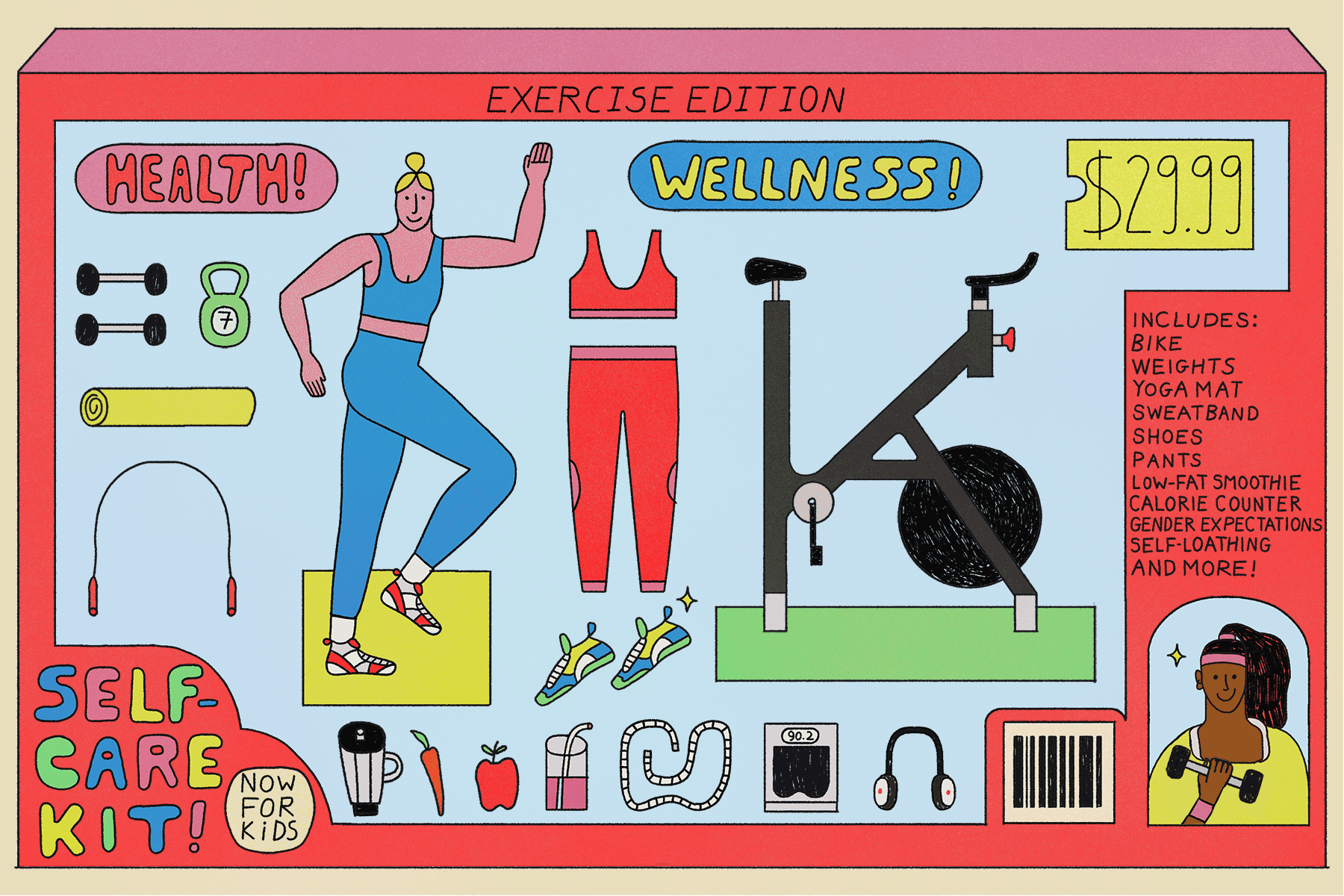Children’s Needs Can Be Complex, Time Intensive
- Share via
If you asked your kids what they really, really need to have a good life, you’d get laughably simple answers.
Like: A really fast computer and good games to play on it. Or Celebration Barbie and that Halloween cereal with the marshmallow ghosts.
If you ask parents what kids really need, would the answers be solid? Or would we, too, be stuck on simplistic notions such as “self-esteem” or “a good education” or even “love”?
Of course, the answer is more complicated--and the truth is going to be hard for many of us to accept. This is the rather frightening message of the new book “The Irreducible Needs of Children” by pediatrician T. Berry Brazelton and child psychiatrist Stanley I. Greenspan (Perseus, $24).
First, the needs, from the book:
* The need for ongoing, nurturing relationships.
* The need for physical protection, safety and regulation.
* The need for experiences tailored to individual differences.
* The need for developmentally appropriate experiences.
* The need for limited setting, structure and expectations.
* The need for stable, supportive communities and cultural continuity.
* Protecting the future.
*
So who could disagree? Wait. It gets messy.
The first need--”ongoing nurturing relationships”--even parents don’t get it, the doctors indicate. If they did, there wouldn’t be so many babies spending long days with hired help.
Here, as with divorce, parents have minimized the needs of children. Day care fit the ‘70s ethos just fine, but now child development research is indicating it’s not that easy.
It’s routine, but dangerous, for working parents to put infants and toddlers in day care 40 or more hours a week. Most substitute care is not good.
Babies and toddlers need intensive, individual attention; lacking that “may lead to significant compromise in both cognitive and emotional capacities.” Couples who work into the evening and get home only an hour before a child’s bedtime are not meeting basic needs.
“Many parents are just handing off too much,” Greenspan said. (But you’re OK, they say, having good part-time care.)
On the “need for physical protection, safety and regulation,” we are also lacking. When breast milk might contain dioxin, children’s health is not being safeguarded.
They also write that children need “protection from the inappropriate use of psychiatric medications.”
*
Look at the third and fourth items: What do they mean? Resources. In school, is a kid who needs a particular kind of teaching to learn able to get it? Or does the system wait for the child to fail, then label the child? At home, is there time in the schedule for kids to hang out with friends, or are there too many lessons? Are kids able to spend some relaxed time with parents, or are tired parents letting them overuse TV, video, video games and computers?
On the fifth item, limit setting, here again is the issue of adults’ not having enough time. From Brazelton: “Working parents have a very tough time thinking about limits. Their ability to set limits has gone way down in this generation. Parents tell me, ‘I can’t stand to be away all day and then come back and be the disciplinarian.’ They need a lot of reinforcement to realize that discipline is important to the child.”
“Community” has become to many of us simply a political term or a way to label a group, as in the media usage “the city’s Latino community . . . “
Kids need connections to people and groups outside the family. Are we set up to give them that?
Greenspan and Brazelton undertook the book project with the November elections as a target. The purpose, Greenspan said, was twofold: to clarify that children need much more than we’re giving them, and “to see if we could marshal political will.”
“We’re hopeful that the candidates can incorporate these ideas,” Greenspan said.
Parents should be able to see a connection between child development and future citizenship.
Mary Jo Kochakian can be reached by e-mail at kochakian@courant.com.
More to Read
Sign up for our Book Club newsletter
Get the latest news, events and more from the Los Angeles Times Book Club, and help us get L.A. reading and talking.
You may occasionally receive promotional content from the Los Angeles Times.










